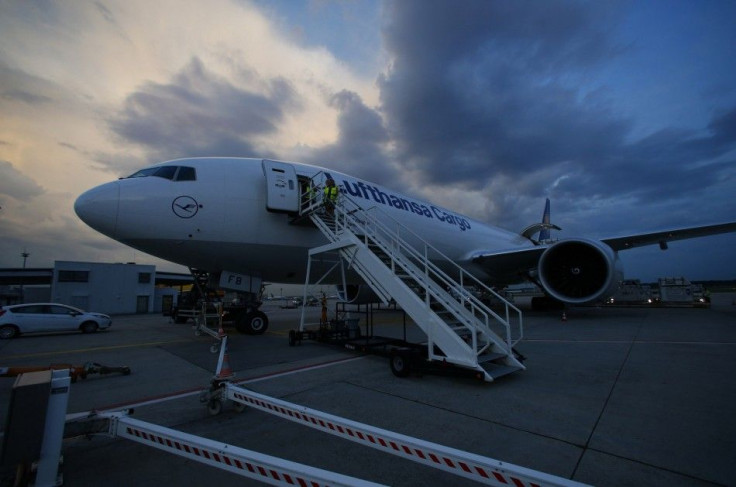Travel at Own Risk; Emirates, Qantas Differ on Flying over Iraq Warzone; Emirates Reroutes, Qantas Pushes On

Alliance partner Emirates and Qantas Airways have issued differing pronouncements on flying to warzones, most specially Iraq.
Claiming that the fate of Malaysia Airlines MH17 altered as to how global aviation should conduct its flights, Emirates said it will no longer fly over Iraq due to the threat posed by Islamist militants.
Qantas, meantime, said it will push through flying over Iraqi airspace to serve its Dubai-London flights.
"The horrors that this created was a kick in the solar plexus for all of us. We cannot continue to say, 'well it's a political thing'. We have to do something. We have to take the bull by the horns," Sir Tim Clarke, president of Emirates, told The Times.
"The fact of the matter is MH17 changed everything," he added.
But for Qantas, its' rally is fear not. Or perhaps for passengers, travel at your own risk?
"There is no suggestion that flying over Iraq is unsafe for commercial airlines, particularly given the cruising altitude that most, including Qantas, maintain," an unidentified Qantas spokesperson told Fairfax Media.
The spokesperson pointed out that Qantas flies its two daily Dubai-London flights at an altitude of 38,000 to 41,000 feet over Iraq.
As it avoids Iraqi airspace, Emirates will instead traverse either across Iran and then into Turkish airspace, or across Saudi Arabia and the Red Sea over Cairo and then into European airspace.
Emirates decision not to fly over Iraqi airspace will occur within the next seven to ten days due to concerns about missile strikes following the downing of Malaysia Airlines flight MH17.
These changes will expectedly add an extra 45 minutes to journey times as well as hike up staff and fuel costs for the airline.
Hundreds of flights pass over Iraq daily, including British Airways, Emirates, Air France and Lufthansa.
Meanwhile, world aviation officials will be holding an emergency meeting in Canada on Wednesday to discuss the risks of commercial airlines flying over war zones.
The meeting was spurred by the downing of Malaysia Airlines flight MH17 in eastern Ukraine.
John Goglia, aviation safety expert and former US National Transport Safety board member, maintained the security of any nation's travelling aeroplane and its passengers basically lie on the global governments.
"There does need to be a single entity to keep everyone advised and it really needs to be governments because some of the information is provided ... by interesting sources," ABC News quoted Goglia said.
"Governments are going to have to step up to the plate and provide information to the airlines."





















